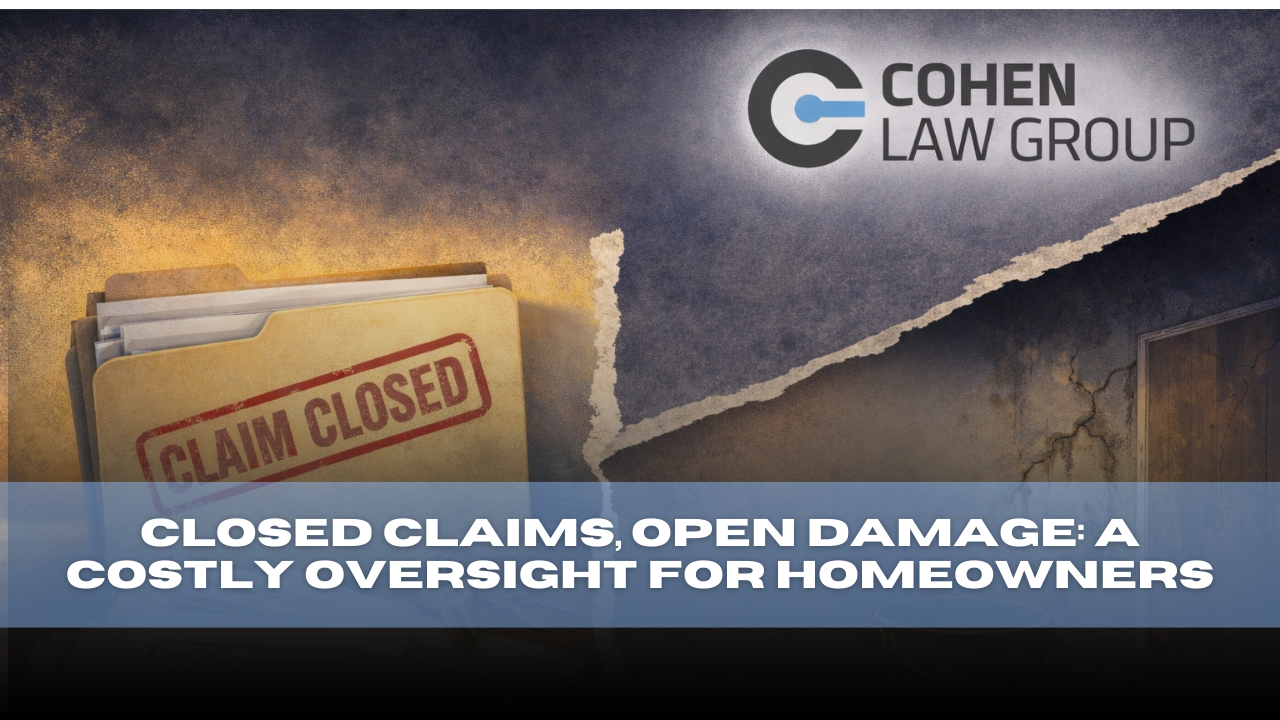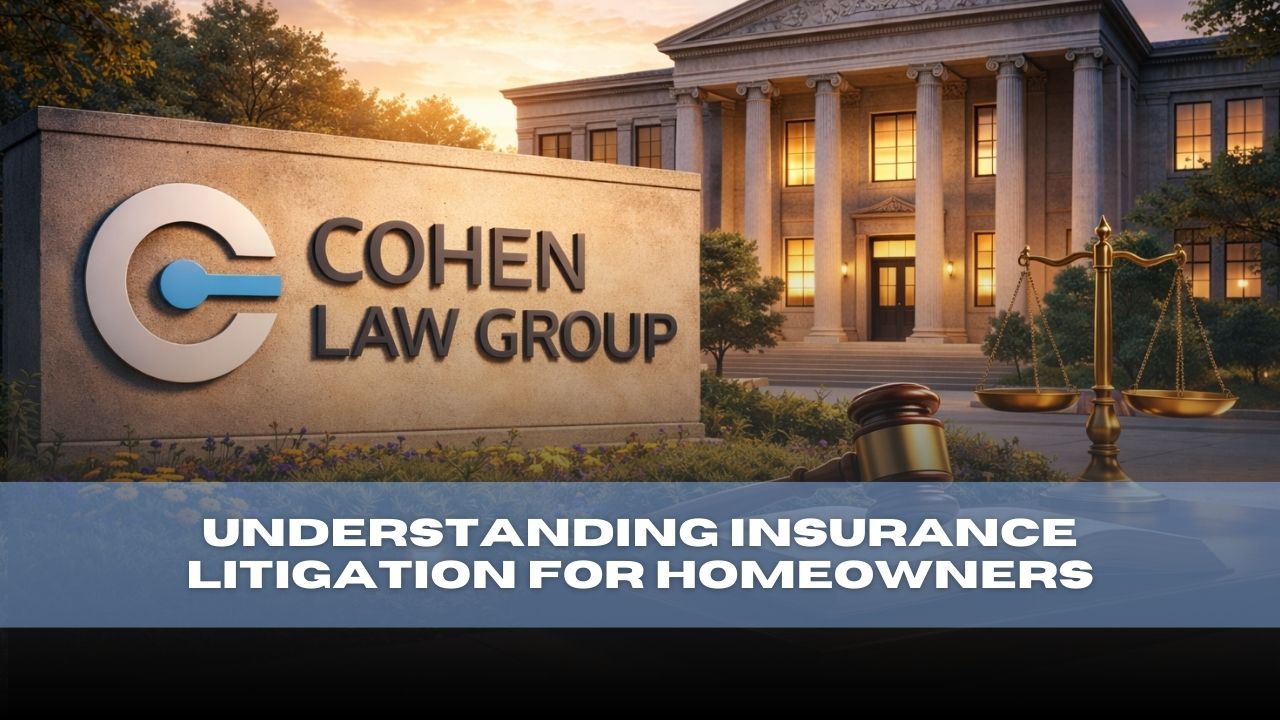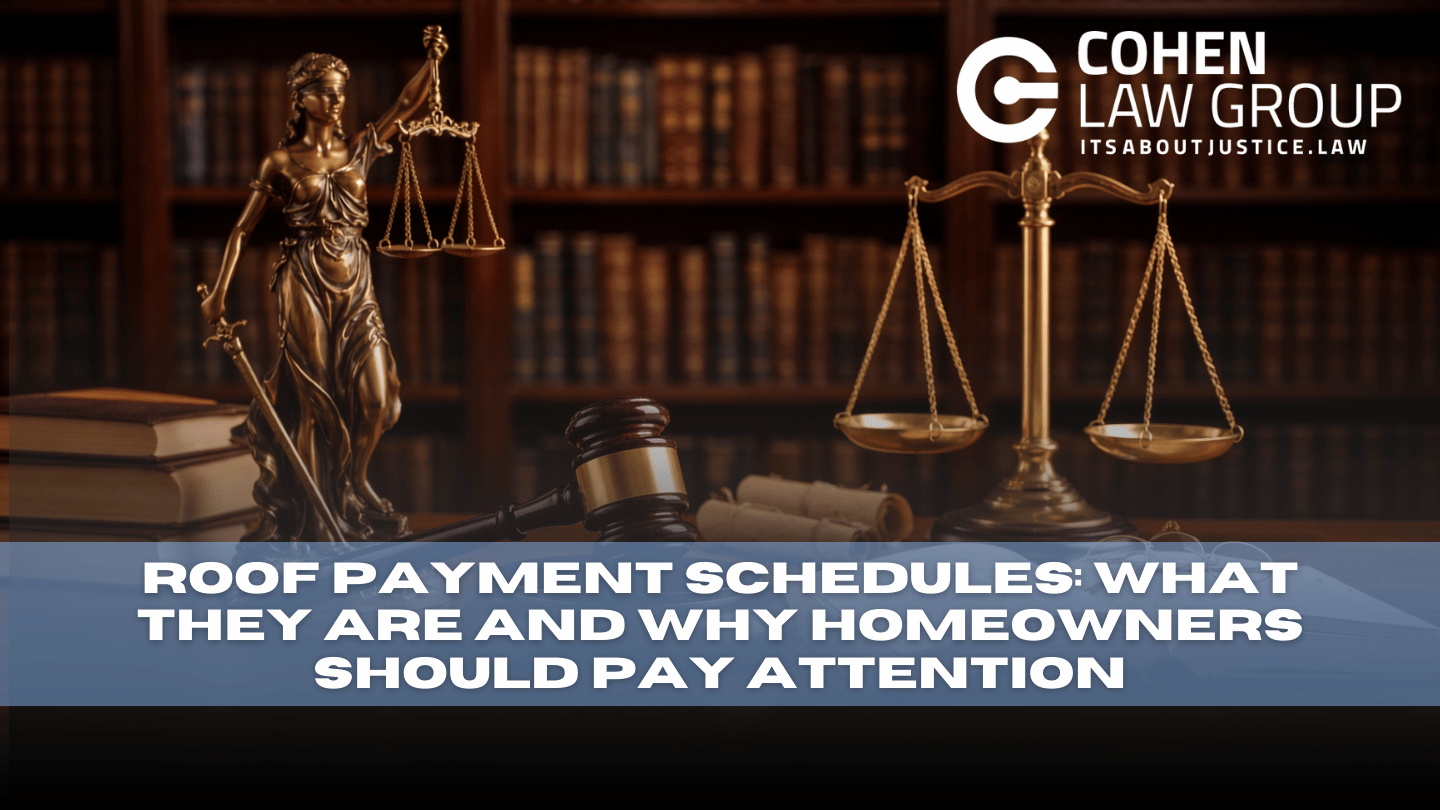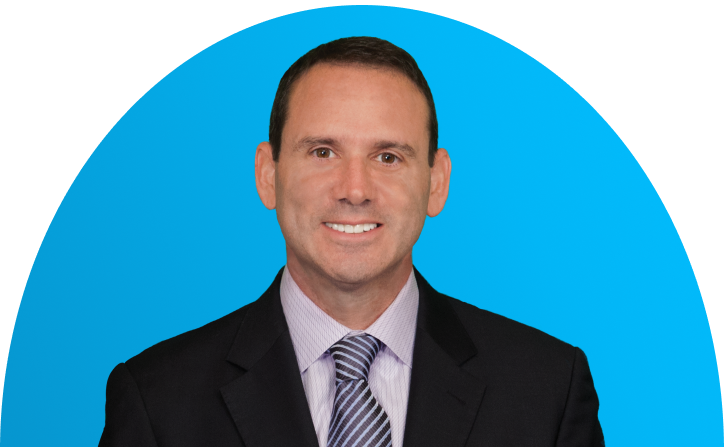As a first-party property damage attorney, I consult homeowners at all phases of the pre-suit spectrum. Some approach our firm from the moment they report to the claim to the insurance company—while others wait until they receive a denial from the carrier. Sometimes, I am asked by potential clients…why don’t I just wait until I receive a denial from the insurance company before I retain an attorney?
Fair question. I mean, hey, I get it- times are tough and we all are looking for ways to save on money. However, its hard to recommend that you wait later than needed in the insurance claim process…especially, if it is your first time filing an insurance claim. I think a good analogy would be to compare it to traveling to a far-off destination that you’ve never been to before and you are dependent on a map or GPS…the later in the journey you refer to the map- the harder it will be to fix any mistakes you may have made.
Its important to remember that the insurance adjusters do this daily; they are well versed in the process and more importantly the exclusions of your policy. We might like to think the insurance company has your best interest at heart—but that is simply not the case.
Your policy may require that you provide a number of documents during the claims handling process. Some of these documents, such as a Sworn Proof of Loss (SPOL) can have dire consequences for your claim should it not be turned in or completed correctly. Likewise, your adjuster may request a recorded statement or an Examination Under Oath (EUO)… an attorney can not only explain the difference in these, but they can help you prepare for each of them.
Not having someone to help you enforce all of your rights under the policy could result in you leaving money on the table. For example, is your claim only being adjusted for coverage A of the policy? Would coverage B, C, or D apply to your claim? Do you know which endorsements your policy has? Are you entitled to Additional Living Expenses (ALE)? These are all questions your adjuster is probably banking on you not knowing.
Even if the insurance company has made an offer to you… You need to consider: Is it a good offer? Should you accept it? Is it enough to return your property back to the pre-loss condition? Can you accept the offer and still move forward into litigation? What the heck is ACV and RCV? These are all questions an attorney can help you answer. Your home is your most valuable asset—unless you are certain of the right direction, I wouldn’t recommend taking this journey alone.
Casey Clouchete, ESQ








